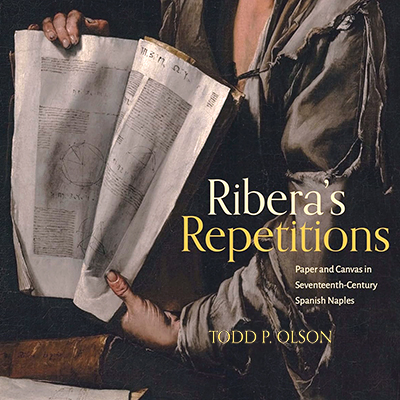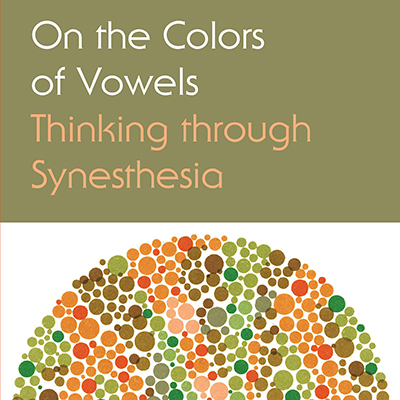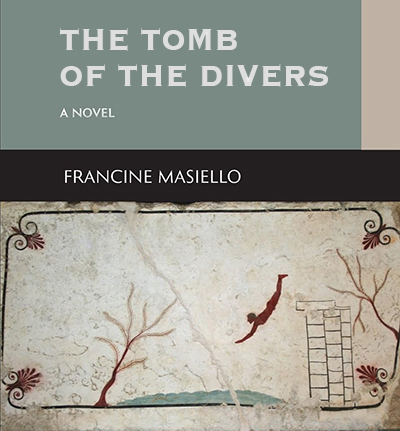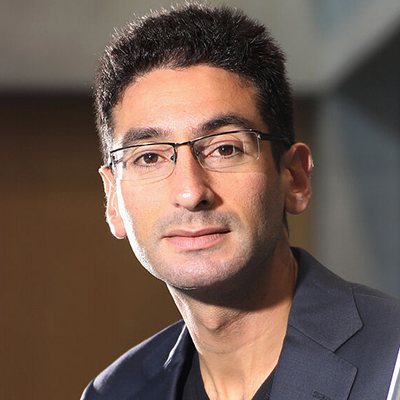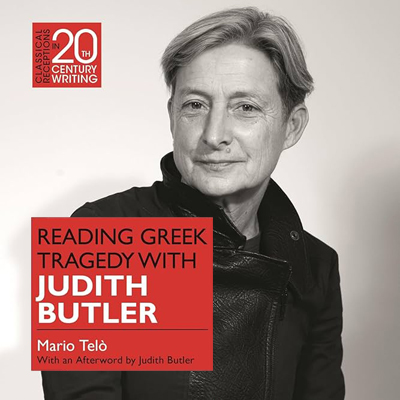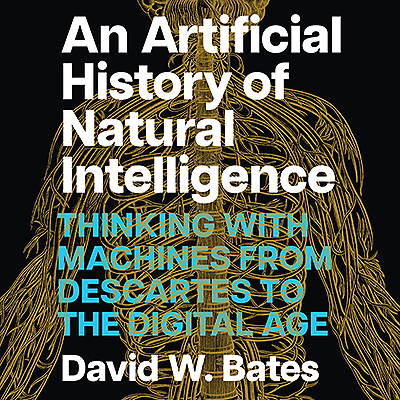The Townsend Center presents a lunchtime series celebrating the intellectual and artistic endeavors of the UC Berkeley faculty. Each Berkeley Book Chat features a faculty member engaged in conversation about a recently completed publication, performance, or recording. The series highlights the extraordinary breadth and depth of Berkeley’s academic community.
Hannah Zeavin tells the complicated story of American techno-parenting, for an object lesson in how using technology in our most intimate relationships became a moral flash point.
Fiona McFarlane's gripping collection of short stories explores the reverberations of a serial killer’s crimes in the lives of everyday people.
Mark Goble explores how slow motion in film and literature reveals a deep cultural fascination with the uneven speeds of modern life and our ability to comprehend them.
Concrete Encoded: Poetry, Design, and the Cybernetic Imaginary in Brazil
Nathaniel Wolfson shows how the concrete movement in art and poetry — which burst onto Brazil’s cultural stage in the 1950s, during a dizzying period of modernization — presciently grappled with an emerging information age.
In his exploration of plays named after objects, Mario Telò offers a new approach to the politics of familial and social relations in Roman comedy.
Past Events
Magical Nominalism: The Historical Event, Aesthetic Reenchantment, and the Photograph
In this bold, wide-ranging study, Martin Jay examines the conflict between “conventional” and “magical” nominalism in philosophy, history, aesthetics, and photography.
Claire Kahane recounts her nine-decade journey of self-transformation, moving from free-spirited rebel in the 1950s to feminist scholar, and confronting personal and historical traumas along the way.
Ribera’s Repetitions: Paper and Canvas in Seventeenth-Century Spanish Naples
Todd Olson sheds new light on the complexity of Jusepe de Ribera’s artwork and artistic methods and their connections to the Spanish imperial project.
Exploring the ways in which visual conceptions of vowels have inflected the arts and sciences of modernity, Liesl Yamaguchi asks how discourses of the 19th and 20th centuries crafted the enigma we now readily recognize as “synesthesia.”
Francine Masiello's debut novel, written with pleasure and wit, weaves a multigenerational tale of small-time artists and crooks who, over the course of a century, wend their way from southern Italy to Paterson, New Jersey.
Billie’s Bent Elbow: Exorbitance, Intimacy, and a Nonsensuous Standard
In this deeply poetic book, Fumi Okiji gathers a chorus of thinkers and artists to examine sites of intemperance and equivocation in black thought and music.
Through bold new analyses of legendary works of German silent cinema, Nicholas Baer reassesses Weimar cinema in light of the "crisis of historicism" widely diagnosed by German philosophers in the early twentieth century.
Reading Greek Tragedy with Judith Butler
Considering Judith Butler's “tragic trilogy” — a set of interventions on Sophocles's Antigone, Euripides's Bacchae, and Aeschylus's Eumenides — Mario Telò seeks to understand how Butler uses and interprets Greek tragedy and, ultimately, how tragedy shapes Butler's thinking.
Sharad Chari explores how people handle the remains of segregation and apartheid in South Africa, as witnessed through portals in an industrial-residential landscape in the city of Durban.
An Artificial History of Natural Intelligence: Thinking with Machines from Descartes to the Digital Age
David Bates offers a new history of human intelligence, arguing that humans know themselves by knowing their machines.







